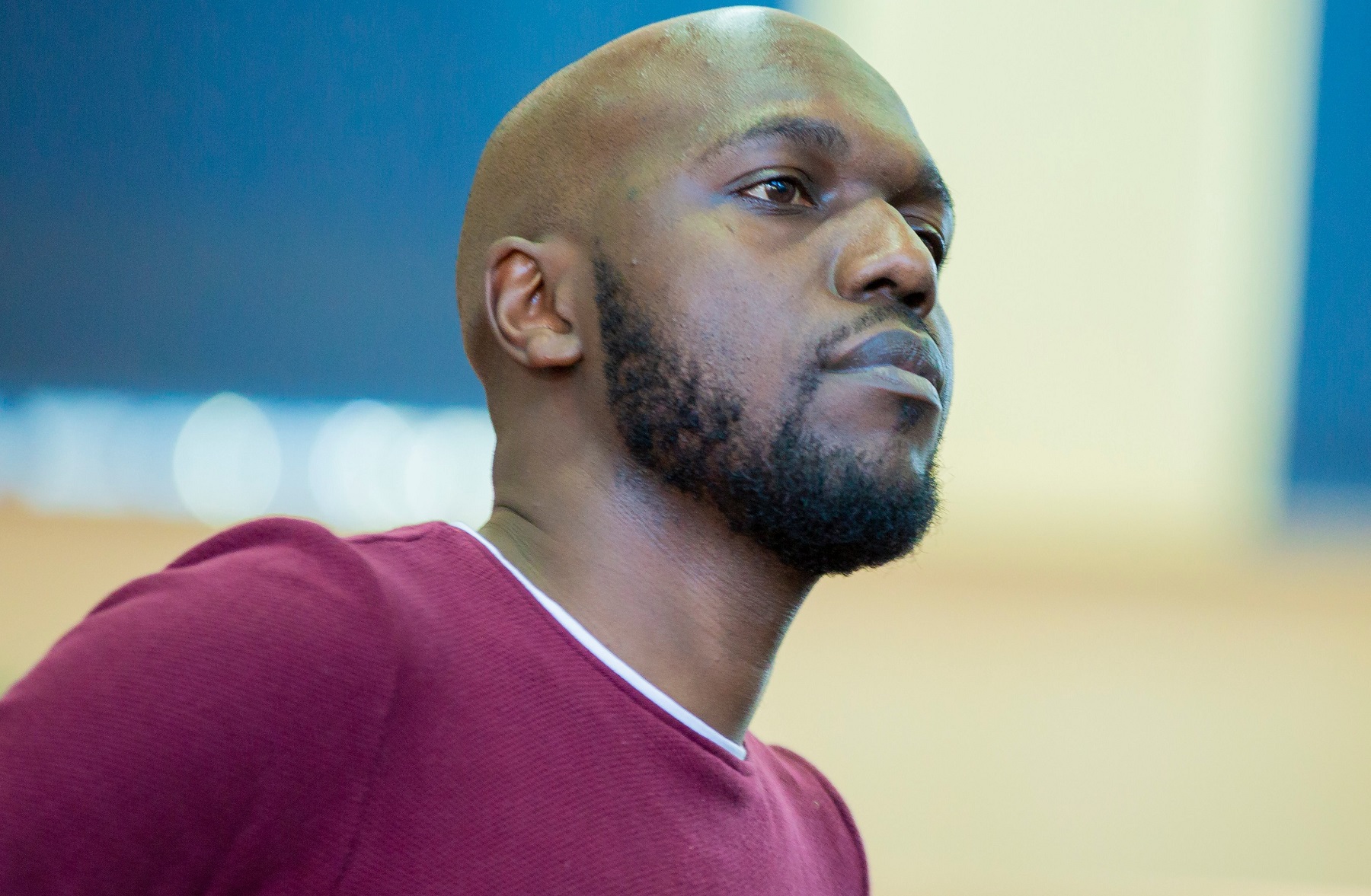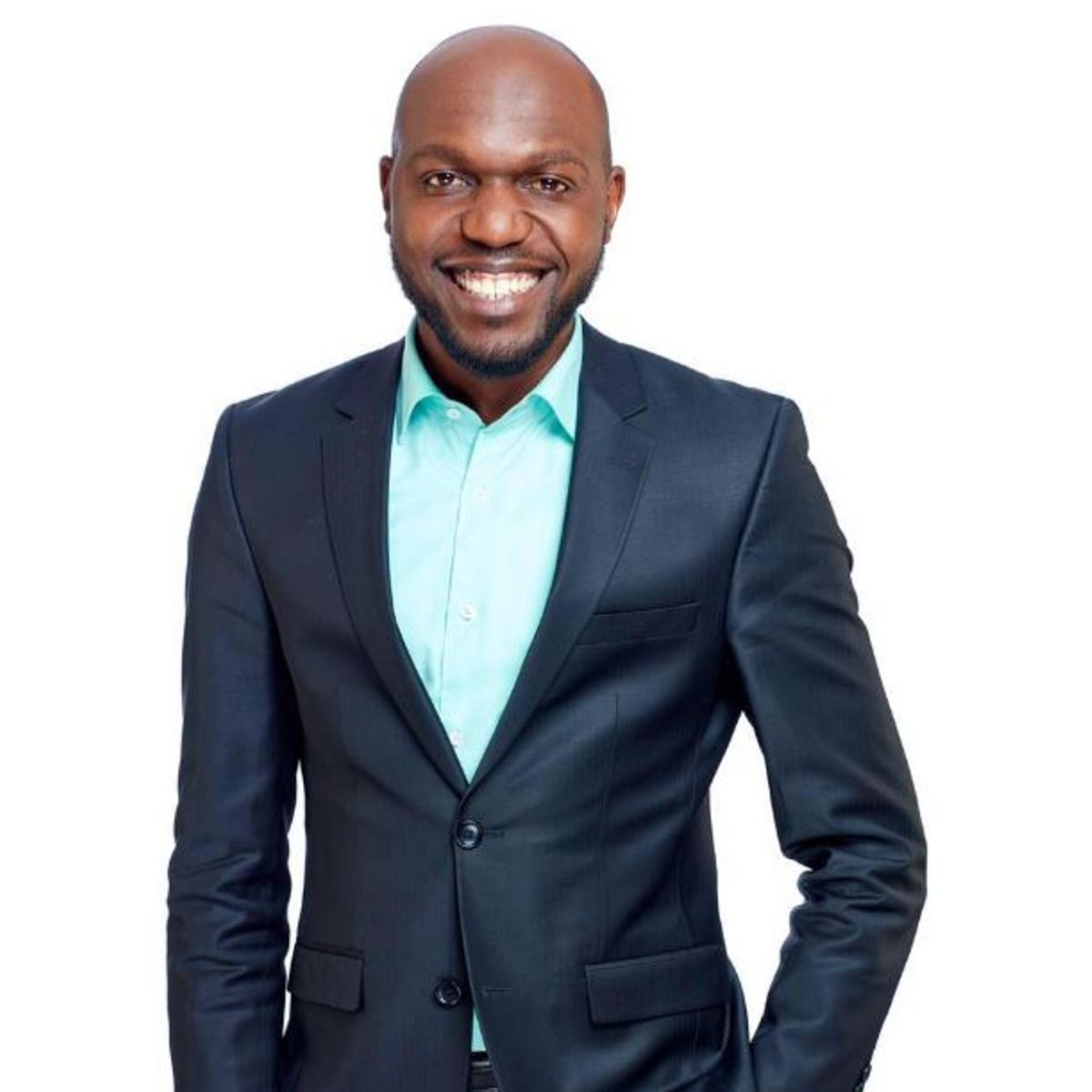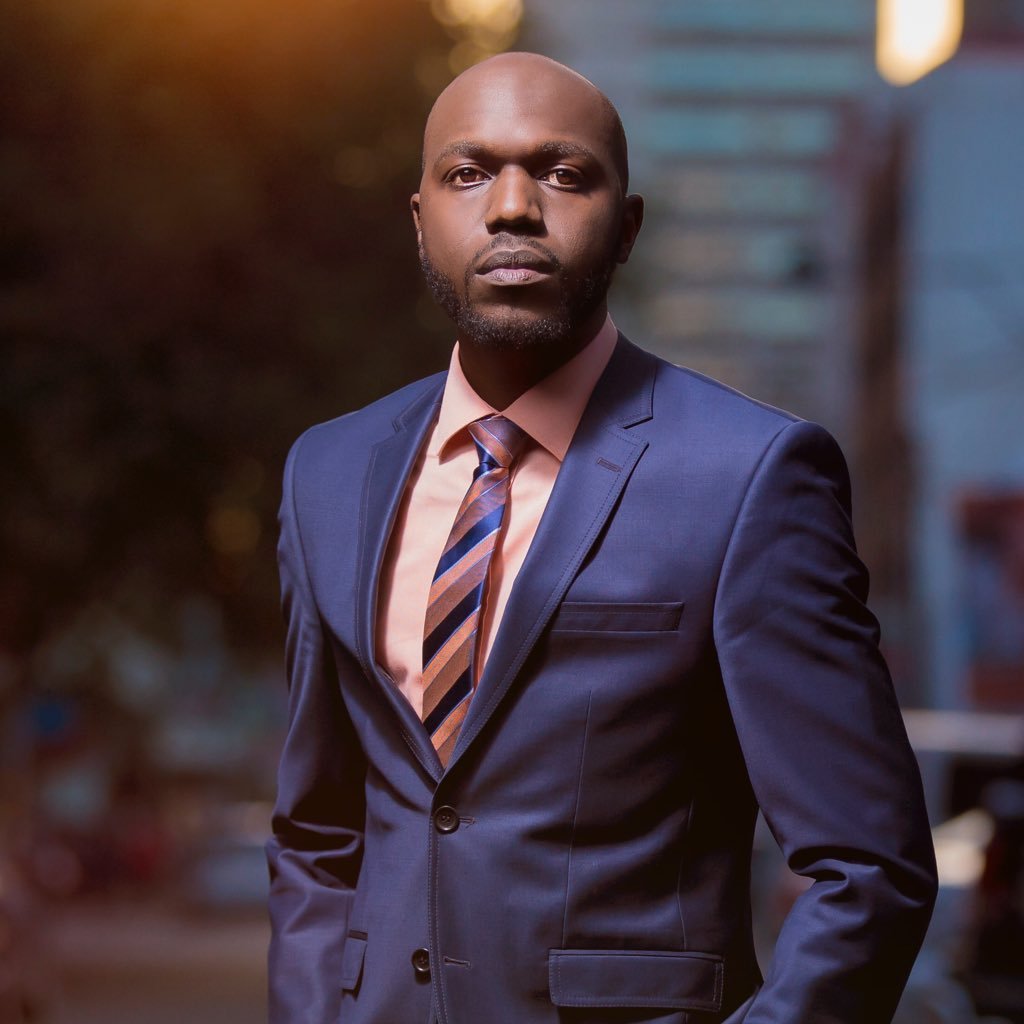Today morning, international journalist Larry Madowo in an insightful piece on his social media opened up on his encounter with racism in New York.
Madowo who moved to from Kenya to the United States of America for his graduate studies at Columbia University, has expressed fears over the way black people are being treated by racist individuals.
Coming against the backdrop of the protests in the United States following the death of George Floyd, Madowo explored how African immigrants face the same discrimination as their Africa-American counterparts.

He revealed that, within the first week of moving to New York in 2019, he faced a racist encounter when he was invited to a dinner in the upmarket Upper West Side area.
On his way to the penthouse, carrying a plastic bag with fruits he bought for his host, he was made to use dirty service lifts in the back, behind the garbage bins.
It was only when he got to the house that his host apologised for the actions of the racist doorman, who had deemed him to be a deliveryman and made him use the service elevator.
He explained that the struggle of African-Americans was intertwined with that of African immigrants because perpetrators of racism made little distinction in how they viewed them.
“That early micro-aggression forewarned me that America may be the land of opportunity for many, but it would still reduce me to the colour of my skin and find me unworthy.

“It did not matter that I am from a black majority African nation, people who look like me here have to negotiate for their humanity with a system that constantly alienates, erases and punishes them,” he explained.
Madowo on May 19 announced the completion of his post-graduate degree program at Columbia University’s Graduate School of Journalism.
He also emerged as the winner of the prestigious 2020 Philip Greer Award for Financial Writing, thanks to his 9,000-word thesis on the aftermath of e-commerce firm, Jumia’s listing on the New York Stock Exchange (NYSE) in April 2019.
Madowo revealed that he was heartbroken when he found out about the death of George Floyd after a police officer knelt on his neck.

He acknowledged that despite tensions which exist between African Americans and Africans in America, they needed to unite against the police violence along with other forms of police violence and institutionalized racism.
“It is not just his fight for African-Americans like him, it is a fight for the right to be black safely in America,” he explained.